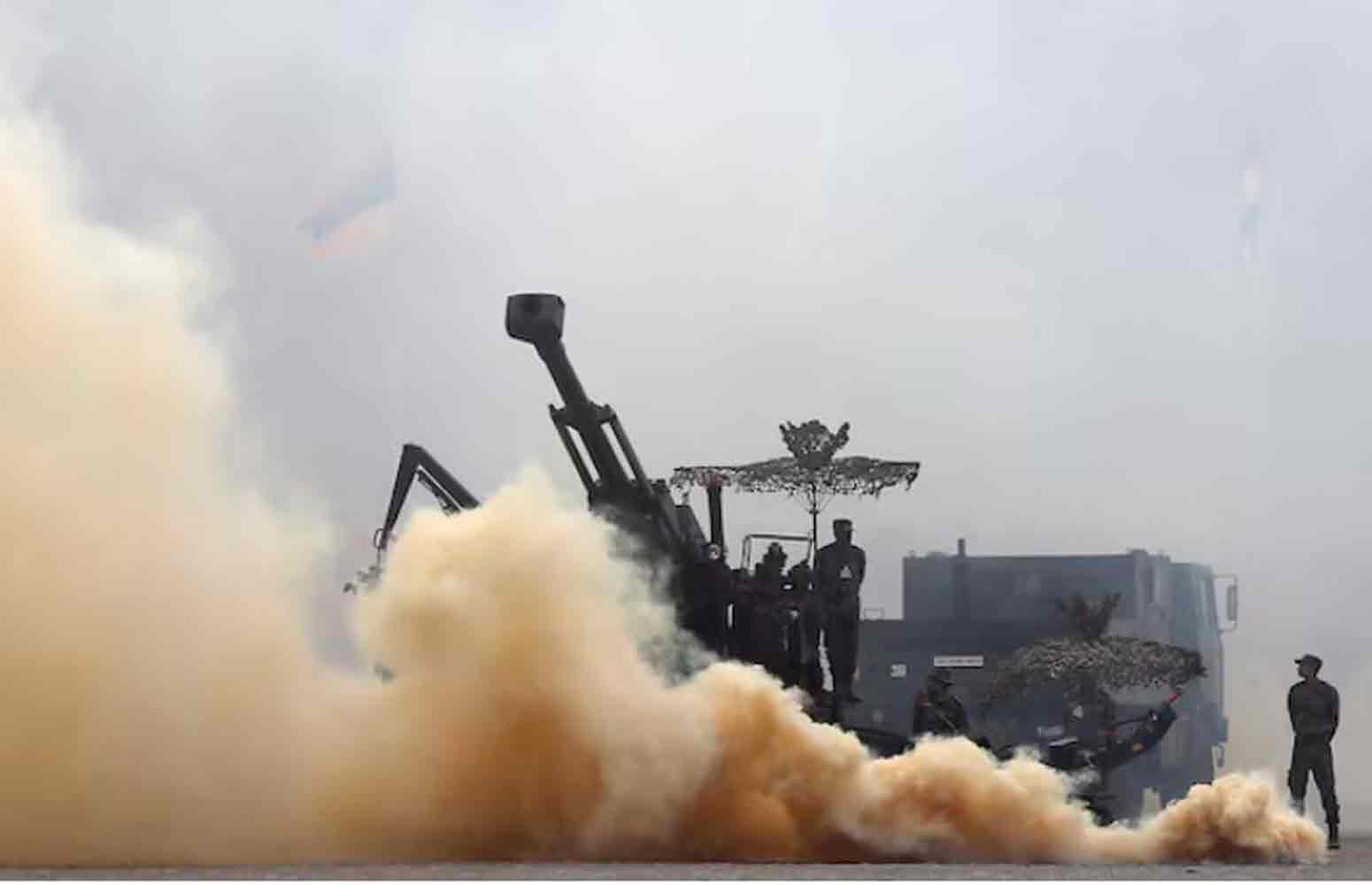The recent mass pager assault on Hezbollah in Lebanon has brought attention to Israel’s covert Unit 8200, the intelligence division of the Israel Defense Forces, which, according to a Western security source, played a role in orchestrating the operation.
Israeli officials have not commented on the bold intelligence initiative that resulted in 12 fatalities and injured thousands of Hezbollah members. On Wednesday, an additional casualty occurred when handheld radios utilized by Hezbollah exploded.
A senior Lebanese security official and another source informed Reuters that Israel’s Mossad was behind a complex operation that involved embedding a small amount of explosives in 5,000 pagers procured by Hezbollah. A Western security source indicated to Reuters that Unit 8200, a military unit distinct from the spy agency, contributed to the planning phase of the operation, which took over a year to execute. This source noted that Unit 8200 was engaged in the technical aspects of determining how to incorporate explosive materials into the manufacturing process.
Israeli military has refrained from commenting, and the prime minister’s office, which oversees Mossad, did not provide an immediate response to inquiries. Yossi Kuperwasser, a former military intelligence officer and current research director at the Israel Defense and Security Forum, stated that there is no confirmation of the military intelligence unit’s involvement in the attack.
He remarked that the members of Unit 8200 represent some of the most talented and capable individuals within the Israeli military, operating in a unit that is crucial to Israel’s defense infrastructure. “The challenges they encounter are significant and highly demanding, necessitating the involvement of the finest personnel,” he stated.
This unit, along with its carefully selected group of young soldiers, is responsible for the development and operation of intelligence-gathering technologies and is often compared to the U.S. National Security Agency. In a rare public disclosure regarding the unit’s functions, the IDF noted in 2018 that it played a role in preventing an airstrike by Islamic State against a Western nation. At that time, the IDF described the unit’s activities as encompassing intelligence collection, cyber defense, and “technological attacks and strikes.”
Although Israel has not officially acknowledged its participation, Unit 8200 has been reported to have taken part in the Stuxnet operation, which incapacitated Iranian nuclear centrifuges, as well as several other notable missions beyond Israel’s borders.
The unit serves as Israel’s primary early warning mechanism and, similar to other sectors within the defense and security framework, has faced criticism for its inability to foresee Hamas’ attack on October 7 in southern Israel. Last week, its commander announced his resignation, stating in a letter to the media that he felt he had not accomplished his objectives.
Renowned for fostering a culture of innovative problem-solving, the unit has contributed to the development of Israel’s high-tech industry and some of its largest enterprises. Avi Shua, an alumnus of 8200 who co-founded Orca Security, a leading cloud security firm, remarked, “Whether it’s addressing software vulnerabilities, mathematical challenges, encryption issues, or hacking, you must be able to tackle these problems independently.”
Kobi Samboursky, another former member of 8200 and Managing Partner at Glilot Capital Partners, noted the unit’s high turnover, with young recruits frequently replacing seasoned veterans. He emphasized that the most important aspect is the prevailing ‘can-do’ mentality, where anything is achievable.
Discover more from Defence Talks | Defense News Hub, Military Updates, Security Insights
Subscribe to get the latest posts sent to your email.





